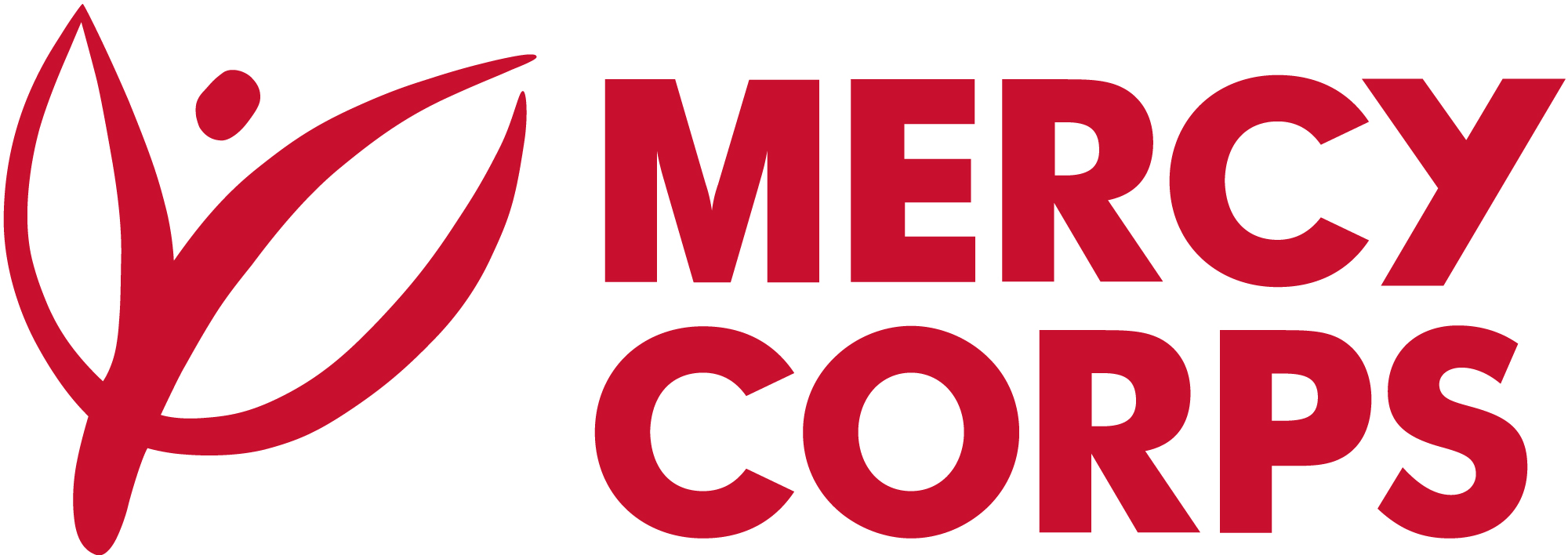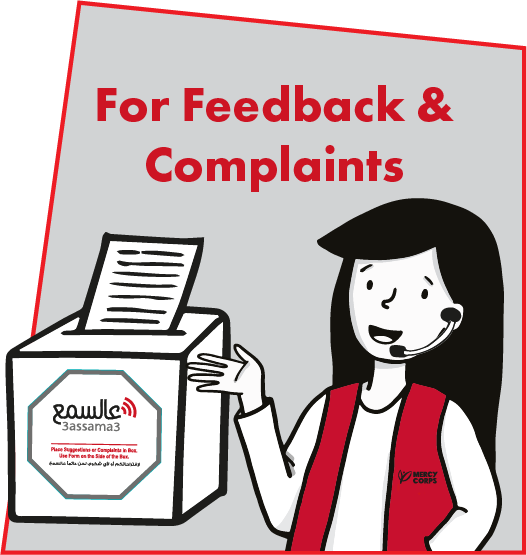A massive, unprecedented explosion ripped through Beirut at 6:08 p.m. on August 4, 2020. The detonation at the capital city’s port left 300,000 people displaced, 6,000 people wounded, and around 200 people dead. The blast, erupting amidst an economic collapse and cyclical waves of COVID‑19 lockdown protocols, greatly affected small businesses, the main economic sector of the Lebanese economy.
Funded by the Agence Française de Développement (AFD), Mercy Corps implemented a project from November 2020 to July 2021 to support the recovery of over 250 small and micro enterprises in Beirut that have been affected by the August 4 Beirut blast and a series of ongoing concurrent crises (economic, social, political, public health) in Lebanon. As part of this project, Mercy Corps hired a multidisciplinary team of international and Lebanese researchers — led by Economic Development Solutions (EDS) with support from Agora Global — to conduct a political economy analysis (PEA) meant to identify the social capital that businesses affected by the blast possess or may lack to access efficient and effective input supply networks, new markets, appropriate and right-sized financial services, public services and support, and more.
The report assesses the response of small businesses to the port blast from the perspective of social capital, in order to assess how social, market, and political networks and identity markers affect the capacity of small businesses to access key information, assistance and services following the blast. Whether as an immediate outpouring of solidarity among kinship, the short-term reliance on informal neighborhood-level networks, or as points of contact for relief organizations, it is the presence of these dense networks that remedied some of the disastrous consequences of the blast. And it is this form of capital that is expected to play a crucial role in the coming years, as a response to the intertwined, multi-layered impact of the economic and political crises.



